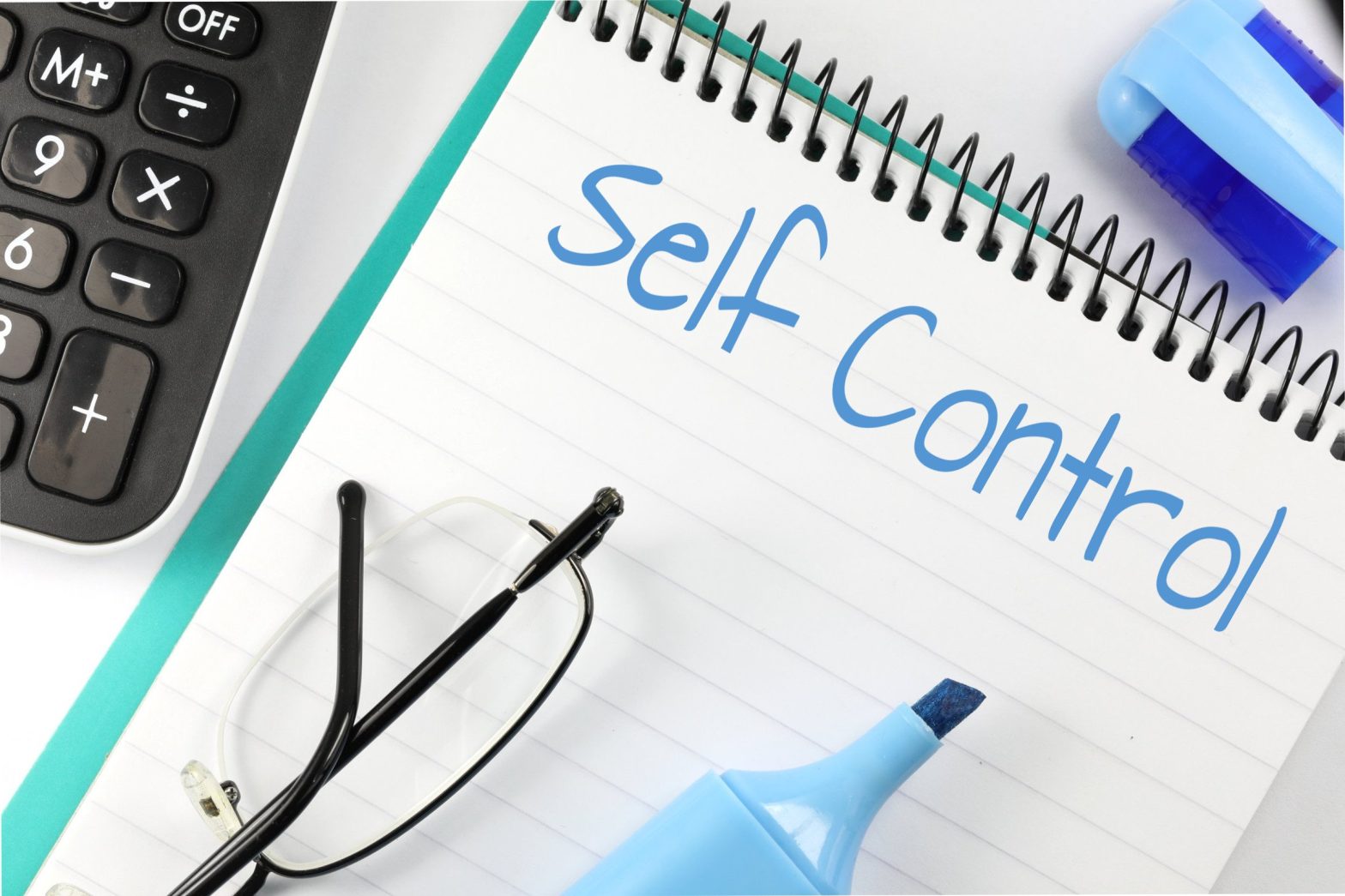THE SEED
“For the grace of God has appeared that offers salvation to all people. It teaches us to say “No” to ungodliness and worldly passions…” Titus 2:11-12 NIV
Living a self-controlled life must be every child of God’s aspiration. Self-policing your life to tell yourself what to do and things not to do is the greatest weapon to keep up in the range of God’s will. It’s a grace that has been released on us together with the gift of salvation, according to the opening Scripture. It works to teach us to say ‘No’ to evil and ‘Yes’ to godly living. This virtue must be activated by ourselves to teach our body to act godly and reject ungodliness. This training is appropriate when we are faced with temptations that aim at
defeating our decision to live a godly life. By the spirit of God, we should sternly tell ourselves what to do and take action to get it done immediately. By doing this, we are training our minds to embrace righteousness and reject evil. Daniel was a slave in Babylon, deprived of good food and good life; but through self-control, he decided that even though he had been deprived of good food, the king’s food is not the right food for him to eat. So, he took a step to tell the officer about it and he found favour.
PRAYER
I ask for the ability to live a self-controlled life that elevates godly living and says no to evil.
BIBLE READINGS: Daniel 1:1-8
ÀÌRÉKỌJÁ TI O GBE ÓTÍTỌ DURO TI O SÌ LÒDÌ S’ÍBI
IRÚGBÌN NÁÀ
“Nitori ore-ọfẹ Ọlọrun ti nmu igbala fun gbogbo enia wá ti farahan, O nkọ́wa pe, ki a sẹ́ aiwa-bi-Ọlọrun ati ifẹkufẹ aiye, ki a si mã wà li airekọja, li ododo, ati ni ìwa-bi-Ọlọrun ni
aiye isisiyi” Titu 2:11-12
Gbígbé igbe ayé àìrékọjá gbọdọ jẹ ohun tí ọmọ ọlọrun n f’ọkan si. Ibojuto igbe ayé wa lati sọfún ará wa ohun ti o tọ́ati èyí tí kò dára lati ṣe jẹ ohun èlò tí o lagbara lati pa wa
mọ ninu ifẹ Ọlọrun. Eyi je ore-ofe ti a ti fi fún wa pẹlu ẹbùn igbala okan wa gẹgẹ bí ọrọ mimọ yìí ṣe sọ. ‘O kó wa lẹkọ lati lòdì sí iwa búburú ati ki a faramọ igbe ayé réré’. A gbọdọ
kọ́ara wa lati hùwa rere. Ẹ̀kọ́yi wulo nigbati a ba dojukọ awọn ìdánwò ti ò fé dojú iwa bi Olorun wa bo’lẹ. Nipa emi Olorun, a gbọdọ bá ara wa wí, ki a sì gbé ìgbésẹ lójú kan naa.
Nipa ṣíṣe éyi a n kò ọkan wa lẹkọ lati gbe òdodo duro, ki ò sí kọ aiṣododo. Danieli je ẹrú nilu Bábílónì, ko ni anfani ounjẹ ti o dara ati igbe ayé tí o dara, sugbon nipa airekọja, o ṣe ipinnu
pe bi ohun ko tile ni ounjẹ ati igbe ayé ti o dara, sibẹsibẹ ounjẹ orí tábìlì ọba yìí ko dára fún òun lati je, o sì gbé ìgbésẹ láti sọfún alabojuto rẹ̀nípa ipinu yi. Ó sì rí ojú rere gba.
ÁDÙRÁ
Jesu Oluwa, mo bèrè ki ẹ́ranmilọwọ láti lè gbé ìgbé ayé réré. Amin.
BIBELI KIKA: Danieli 1:1-8
